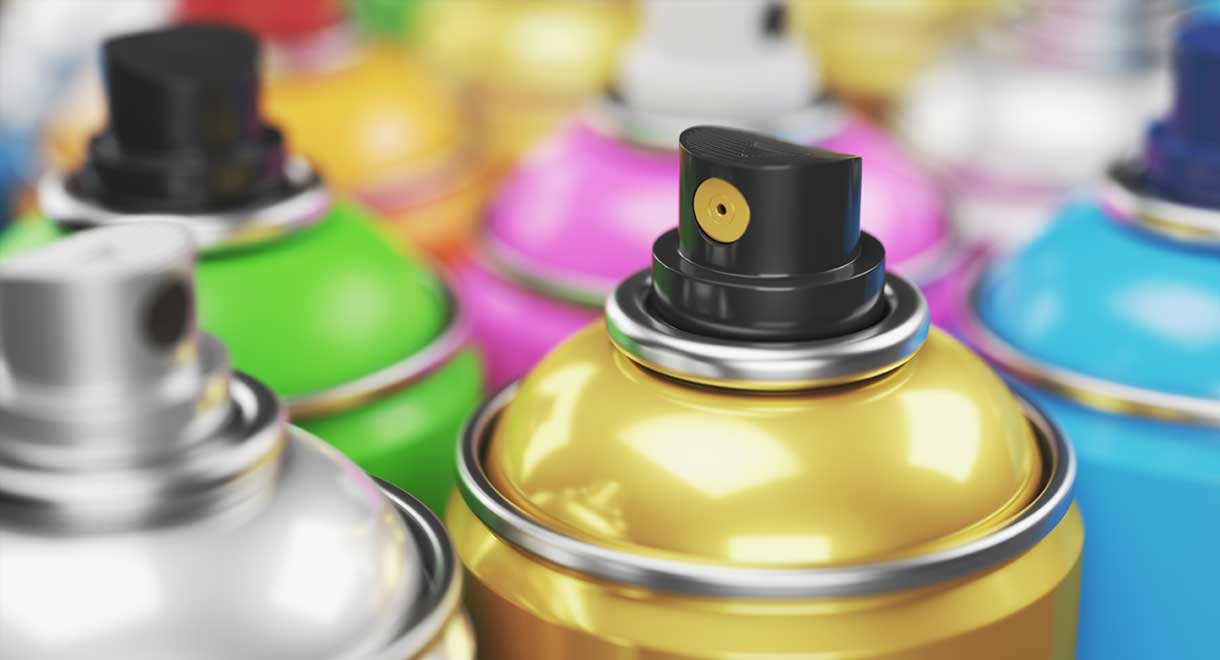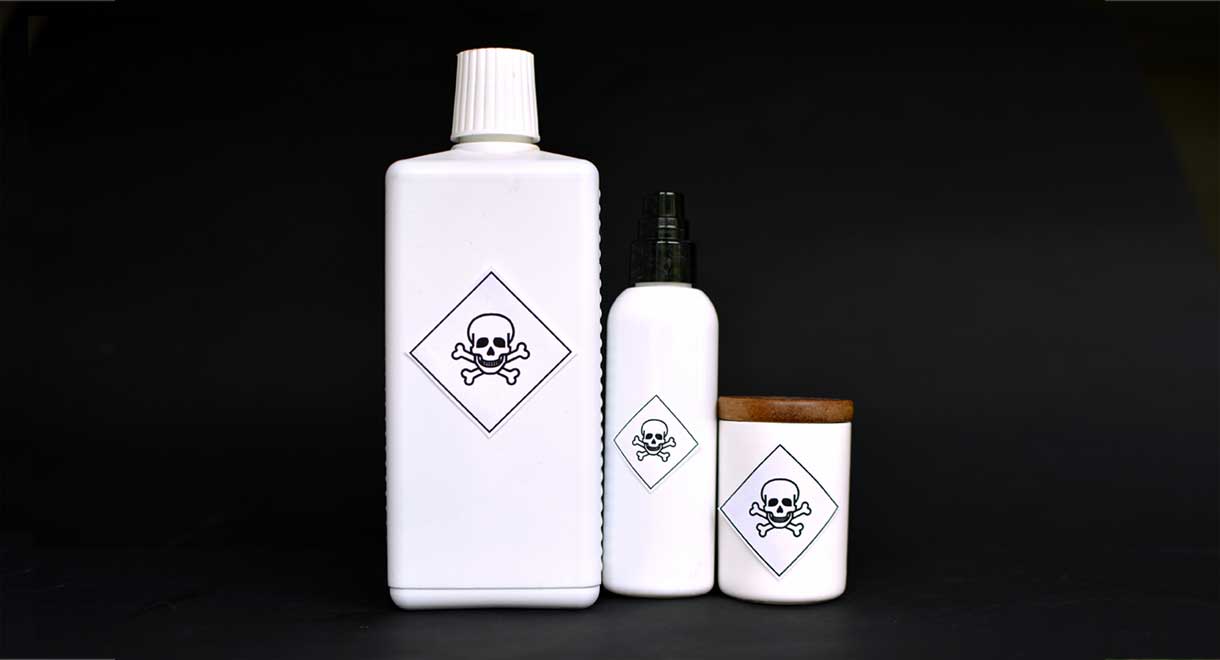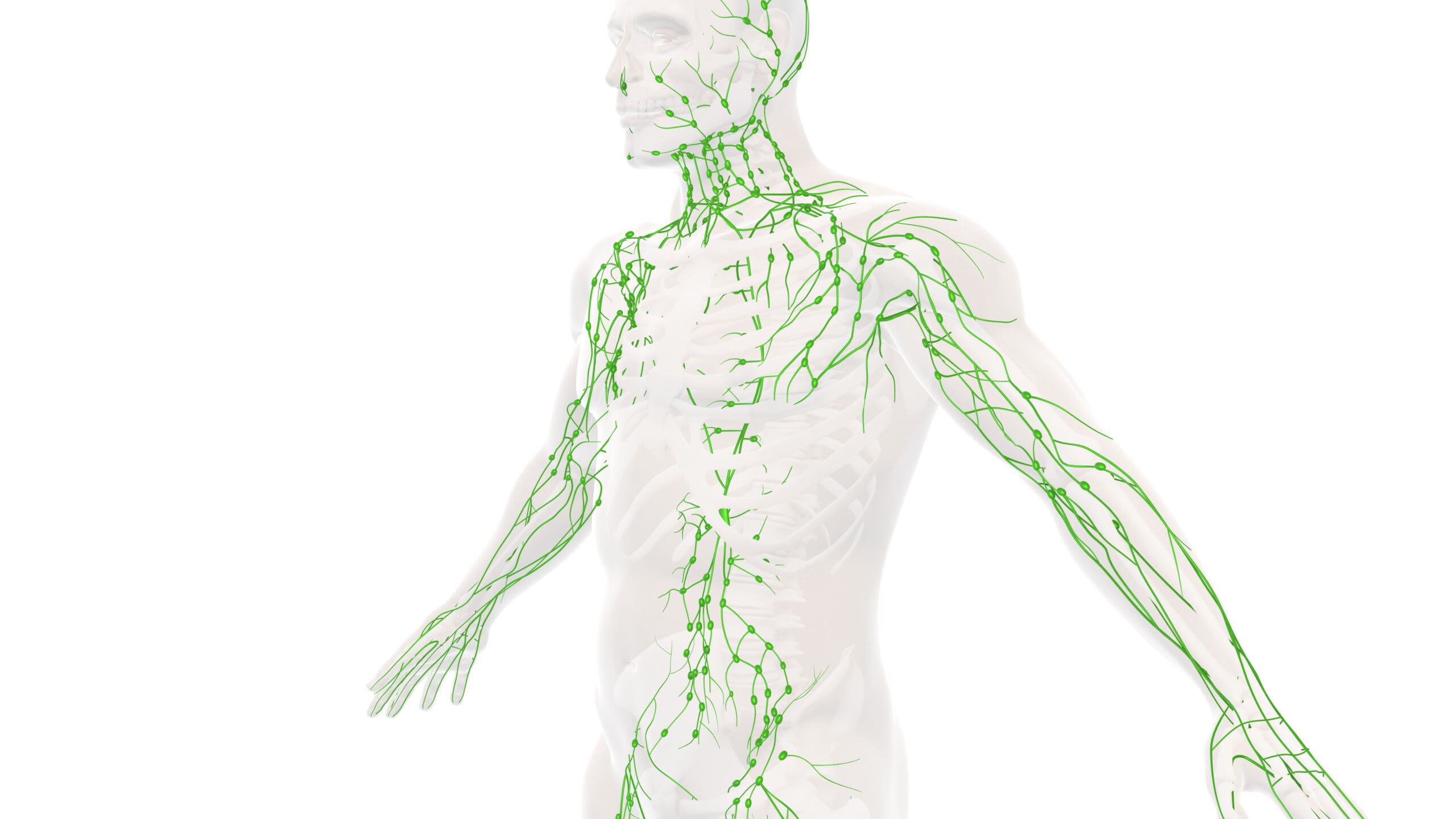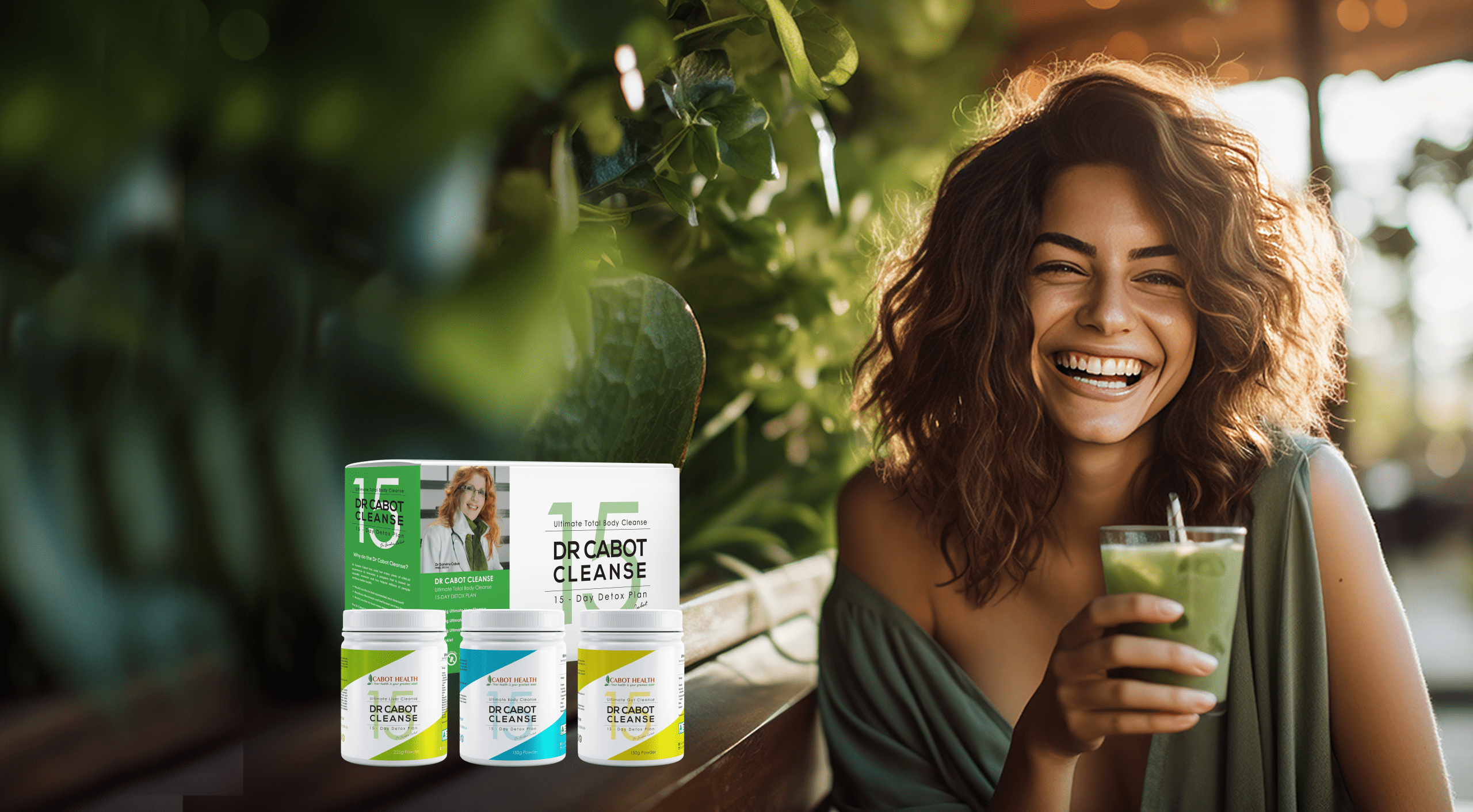Environmental chemicals can harm your brain
By naturopath Margaret Jasinska
The human brain is a fatty organ and although there is a physical barrier between the brain and the blood circulation, fat-soluble toxic chemicals can get into the brain if the blood-brain barrier is compromised. This is particularly so if exposure to such chemicals involves a large dose, or chronic repeated exposure.
Many fat-soluble chemicals are made from petrochemicals (petroleum based) and are found in commonly used everyday products. These chemicals adversely affect the function of the brain and can result in mental fuzziness, mental fatigue, headaches and mood disorders. They also increase the risk of neuro-degenerative diseases, such as Parkinson’s Disease, Motor Neurone Disease and dementia.
It is only the liver that has the enzymatic detoxification pathways to break down these fat-soluble chemicals and the liver converts them into water-soluble substances. Once they are made water-soluble, these chemicals can be excreted from the body in watery fluids such as the bile, sweat, saliva and urine. To protect yourself against these chemicals you need to support your liver function with a healthy diet, as described in the books Fatty Liver: You Can Reverse It and The Liver Cleansing Diet.

Work places, homes (especially new homes), cars (especially new cars) and offices can have air with unhealthy levels of toxic brain chemicals. These include such things as:
- Air fresheners and aerosols
- Deodorisers
- Pesticides and insecticides
- Antifungal and antimould cleansers
- Carpet cleaners
- Solvents and thinners
- Varnish
- Paints
- Detergents
New homes have fixtures, carpets, paints and fittings that outgas for several years and can be toxic if people spend most of their time indoors. These strong smelling chemicals emit fumes known as volatile organic compounds (VOCs). Once inhaled, VOCs find their way into your vulnerable brain, especially if your liver is fatty or has poor detoxification pathways.
Indoor plants have been found to be effective at removing VOCs from the air. For one averaged sized home six indoor plants have been shown to be effective. Try to avoid toxic chemicals or minimise their use. Where possible use organic, non-toxic and bio-degradable cleaning agents. Keep some indoor plants; not only will they remove brain toxic chemicals from your home, their attractive green leafy appearance can lift your spirits.
Dr Cabot’s 15 Day Cleanse can help your body become a better detoxifier.









Leave A Comment